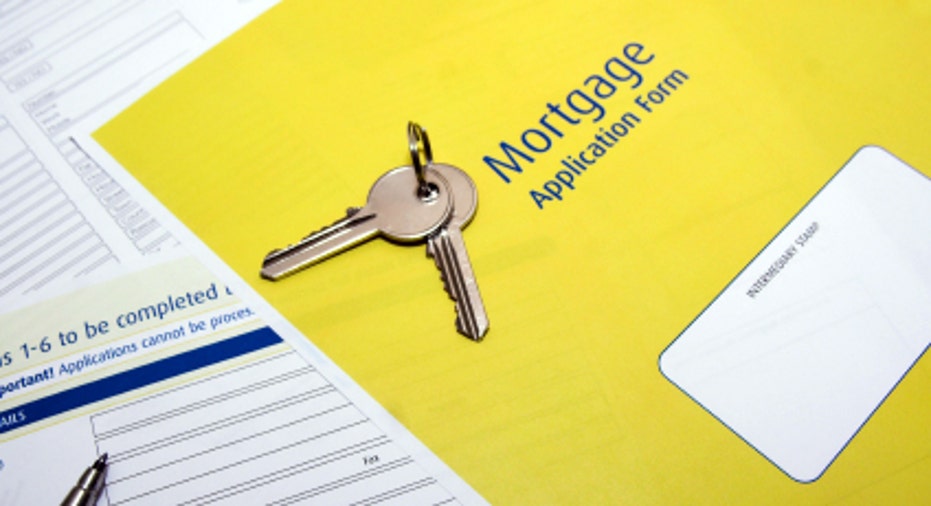Is No-Closing-Cost Mortgage for You?

Are closing costs keeping you from refinancing a mortgage? If so, a no-closing-cost mortgage may be for you. With this type of mortgage, you won't need to pay thousands of dollars in upfront fees.
However, the trade-off for waiving those fees is a higher interest rate over the life of the loan.
Find the best mortgage rates
Bankrate can help you find the lowest available mortgage rate.
"There's two ways people achieve no-closing-cost mortgages," says Bob Walters, chief economist at mortgage lender Quicken Loans based in Detroit. "The mortgage company will flat-out waive them, which doesn't happen that often. Or, they will present the rate (with) closing costs and if you don't want to pay, you'll take a slightly higher rate."
For example, you may be offered a mortgage at a rate of 3.75% and pay closing costs. Or, you can take a no-closing-costs mortgage at a higher 4.125% rate.
When it Pays Off
Closing costs include services such as the loan origination, appraisal and title search fees and title insurance premiums. These costs vary from state to state, but on average the costs have been rising.
According to Bankrate's 2012 Closing Costs Survey, the origination and third-party fees on a $200,000 mortgage cost an average of $3,754. That's a lot, but it was a $301 decline from a year before.
No-closing-cost mortgages are attractive to borrowers who don't have the cash to pay fees upfront. Waiving the closing costs may be the ticket to getting a mortgage for a new home or a refinance.
If you don't plan to stay in your home for more than five years, a no-closing-cost mortgage also makes sense. With a traditional mortgage, it could take more than five years to recoup the closing costs.
The slightly higher mortgage rate associated with a no-closing-cost mortgage is still likely less expensive over five years than what you would pay upfront in closing costs.
"You have to look at the break-even," says Cameron Findlay, the chief economist for LendingTree, a company based in Charlotte, N.C., that hooks up borrowers with lenders.
"Say, for example, you had a loan for a while at 6.5% and are only looking at being in the house for another four years. Then, you are probably a good candidate. You don't want to put money down if you are going to be there for four years."
Paying a slightly higher interest rate to forgo closing costs may also make sense if you need the cash to do renovations on your home.
When it Doesn't Pay
Do you plan to stay in your home more than five years? If so, a no-closing-cost loan likely will end up costing you more than a loan with closing costs. That's true whether you're taking out a mortgage for a new purchase or refinancing an existing loan.
Typically, you'll break even on your closing costs in a few years. Going with a no-closing-cost loan saddles you with a higher interest rate over the rest of the home loan. That could end up costing you a lot more than the upfront fees if you keep the mortgage for a long time.
Take the hypothetical example of two choices for a $150,000 loan. One has a rate of 3.75% with $3,500 in closing costs; the other has a rate of 4.25%, with no closing costs.
Going with the higher-rate, no-closing-cost option runs $43.24 a month more, or $15,567 more over 30 years. In this scenario, it takes six years and nine months to break even and recoup the closing costs via the lower monthly house payments.
"It's not something that every lender will offer, but it doesn't hurt to ask about that option," says Frank Nothaft, the chief economist at mortgage giant Freddie Mac. "It's up to consumers to decide if the trade-off makes sense."
Get more news, money-saving tips and expert advice by signing up for a free Bankrate newsletter.
Create a news alert for "mortgage"
Copyright 2013, Bankrate Inc.



















